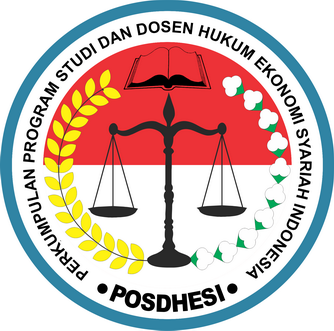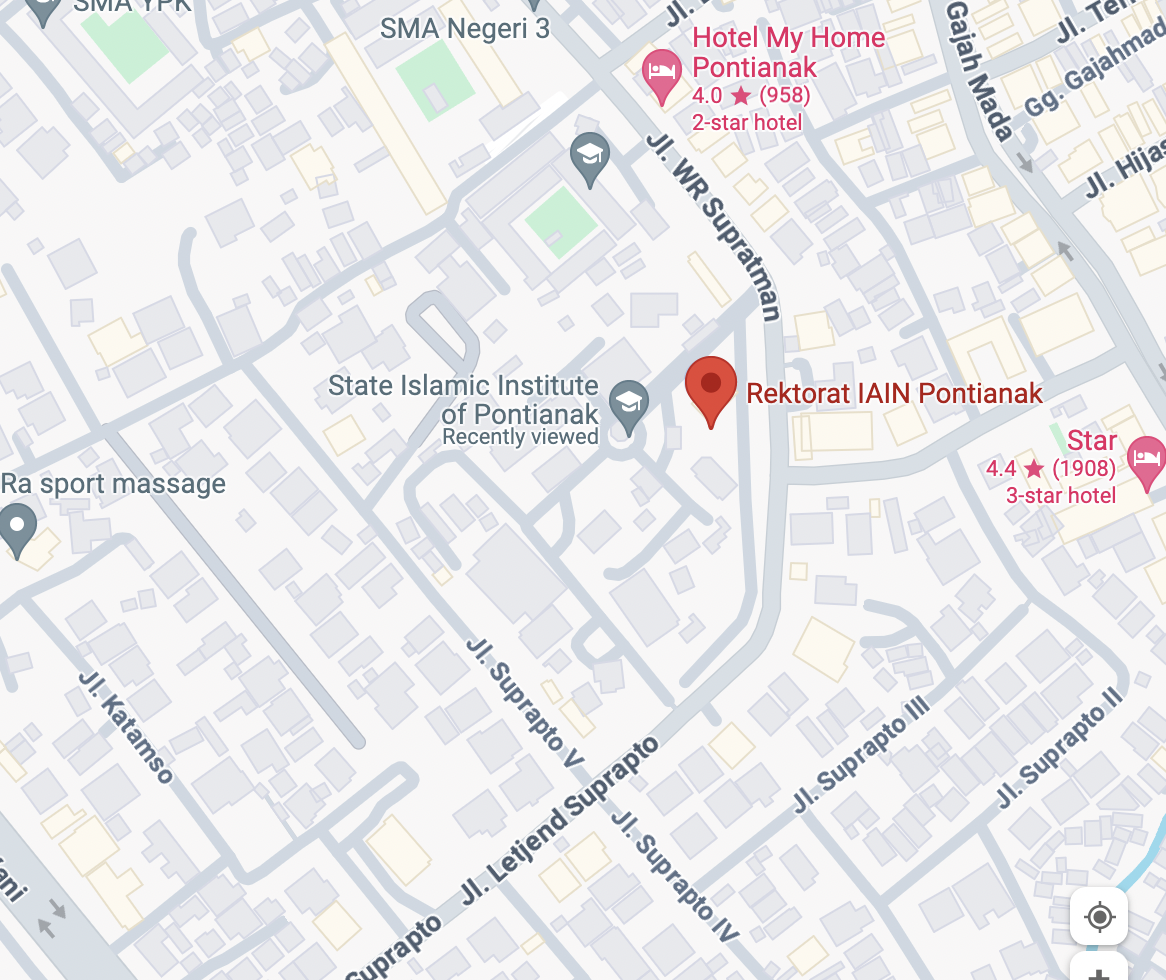UPAH JASA TENAGA PEKERJA MUSLIM DALAM PERAYAAN CAP GO MEH PERSPEKTIF KETUA UMUM MAJELIS ULAMA INDONESIA KOTA SINGKAWANG
DOI:
https://doi.org/10.24260/al-aqad.v4i1.2400Keywords:
Cap Go Meh, Muslim Labor Sevices, WageAbstract
This research aims to find out how is the implementation of Muslim labor services in the Cap Go Meh celebration in Singkawang City and the law of wages for Muslim labor services in the Cap Go Meh celebration from the perspective of the Indonesian Ulema Council of Singkawang City. Based on the above objectives, this research uses qualitative types of legal research with a normative-empirical approach, and the sources used are primary data sources obtained directly from the wage giver and the Indonesian Ulema Council of Singkawang City, then secondary data sources from books, journals, theses and documents related to the formulation of the problem being studied. The results showed: The form of implementation of wages for labor services in the Cap Go Meh celebration where there are 3 types of labor needed, namely flag bearers, stretcher bearers, and music players and the time of work is 2 days on the day of street washing on the 14th day of the Lunar New Year and the peak of the Cap Go Meh event on the 15th day of the Lunar New Year for the Chinese community; That according to the Indonesian Ulema Council of Singkawang City, the law of wages for Muslim labor services in the Cap Go Meh celebration is permissible as long as it is not directly related to religious rituals such as photographers, food and beverage vendors, makers of spectator benches, the law is permissible.
Downloads
References
Anisah, Nur. “Tari Barongsai Oleh Umat Islam Di Kota Pekan Baru Menurut Perspektif Hukum Islam.” Universitas Islam Negeri Sulthan Syarif, 2013.
Mardani, Usup. “Respon Organisasi Keagamaan Terhadap Perayaan Cap Go Meh (Studi Kasus Masyarakat Kampung Surya Kencana Kota Bogor).” UIN Syarif Hidayatullah, 2020.
Syaripudin, Ahmad. “Upah Pekerjaan Membangun Rumah Ibadah Non-Muslim Di Lingkungan Mayoritas Muslim Dalam Perspektif Hukum Islam.” Nukhbatul ’Ulum : Jurnal Bidang Kajian Islam 8, no. 2 (2022): 235–48.






